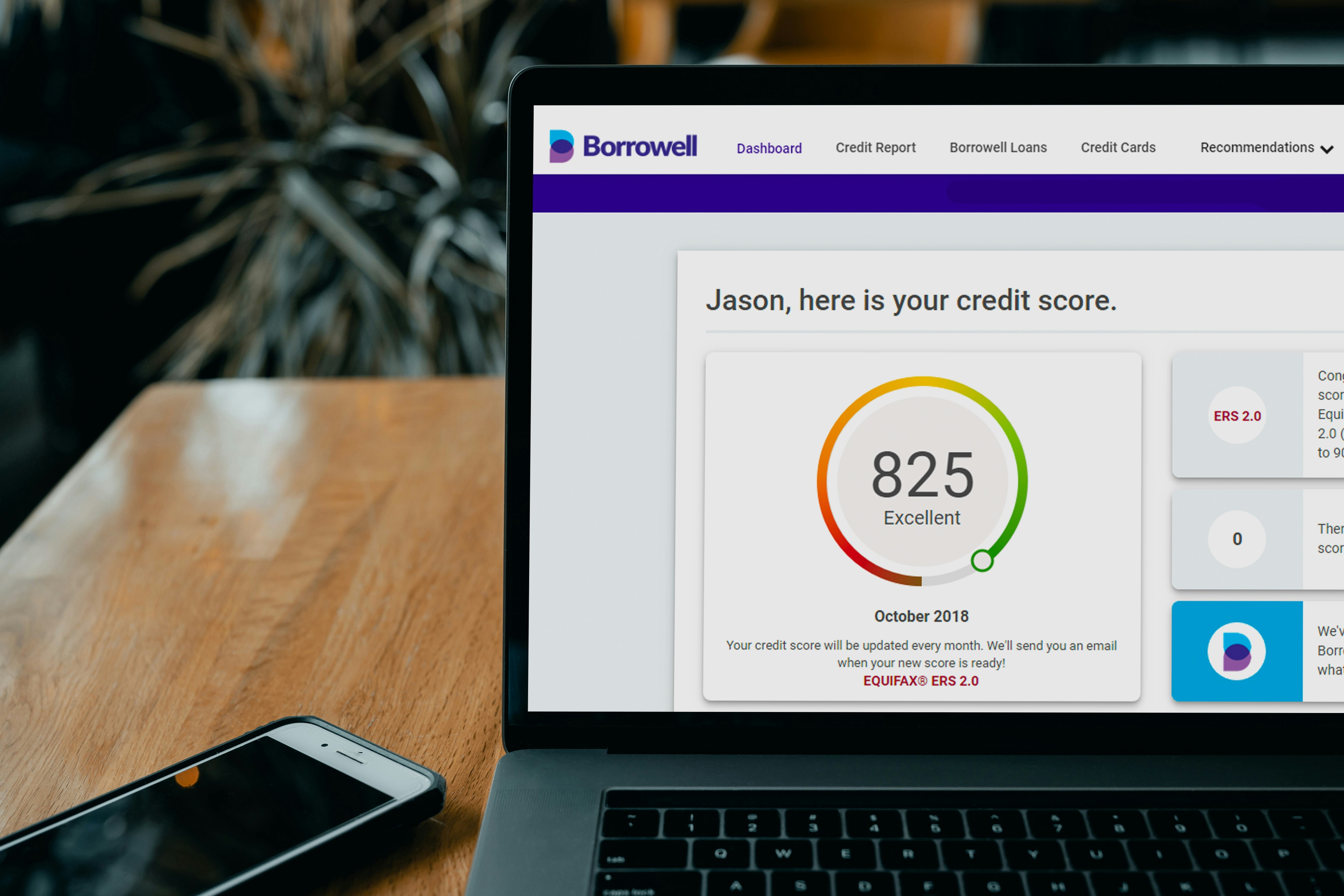Understanding Health Insurance Basics
Health insurance serves as a financial safety net that protects individuals from high medical expenses by covering a portion of healthcare costs. For self-employed individuals, understanding the fundamentals of health insurance is essential to making informed decisions about their coverage options. Key terms commonly associated with health insurance must be clearly understood to navigate this landscape effectively.
The first vital term is “premium,” which refers to the amount an individual pays for their health insurance coverage, typically on a monthly basis. For self-employed individuals, paying health insurance premiums is a necessary expense that influences both personal finances and tax benefits. Often, the ability to deduct these premiums from taxable income can offer some financial relief.
Another significant term is “deductible,” which is the amount an individual must pay out-of-pocket for healthcare services before the health insurance policy starts to pay. For self-employed individuals, selecting a plan with an appropriate deductible is crucial as it affects overall healthcare budgeting. A lower deductible might mean higher premiums, while a higher deductible may lead to lower monthly costs, balancing immediate affordability with potential future expenses.
Co-pays and co-insurance are also vital components of health insurance. A co-pay is a fixed amount paid for a specific service, such as a doctor’s visit or prescription medication. Co-insurance, on the other hand, is the percentage of costs that an individual pays after hitting their deductible. Understanding these elements allows self-employed individuals to anticipate their out-of-pocket costs more effectively, ensuring they choose a plan that meets their needs.
Finally, self-employed individuals should be aware of the “out-of-pocket maximum,” which is the cap on total expenses in a given year. Once this maximum is reached, the insurance covers 100% of the remaining costs. Comprehending these fundamental concepts is critical for self-employed individuals to select appropriate health insurance plans and maximize available tax benefits.
The Unique Challenges of Health Insurance for the Self-Employed
Obtaining health insurance for self-employed individuals presents a set of unique challenges that significantly differ from those faced by traditional employees. One of the primary obstacles is the absence of employer-sponsored plans. Typically, employees benefit from group policies that provide lower premiums due to shared risk. However, self-employed workers must navigate the insurance market independently, often facing higher costs and limited options, which can deter them from obtaining necessary coverage.
Moreover, fluctuating income adds another layer of complexity. Self-employed individuals frequently experience variability in earnings from month to month, making it challenging to budget for the costs associated with health insurance. This unpredictability may lead to decisions that prioritize short-term financial stability over long-term health needs, resulting in potential gaps in coverage or the avoidance of essential healthcare services altogether.
The complexity of comparing various health insurance options further compounds the difficulties. With an array of plans available, each with different premiums, deductibles, and coverage levels, self-employed individuals might find themselves overwhelmed. Evaluating these plans requires a comprehensive understanding of the terms and conditions, particularly in regard to tax benefits associated with health insurance for self-employed individuals. As a result, individuals may either rush their decision-making process or select suboptimal plans that do not meet their healthcare needs.
In addition to these challenges, self-employed individuals must also consider the implications of their choices on their overall financial stability and health outcomes. The importance of tailored health insurance cannot be overstated, as it directly impacts not only physical wellbeing but also long-lasting financial implications. Therefore, navigating these hurdles effectively is crucial for the self-employed populace in securing appropriate health coverage.
Types of Health Insurance Options Available
When selecting health insurance for the self-employed, individuals encounter diverse options tailored to their unique needs. Understanding these different types of coverage can significantly affect both health and financial well-being.
The first option is individual health plans. These plans are purchased directly from insurance companies and provide broad coverage tailored to personal health needs. The advantage of individual plans is their flexibility; self-employed individuals can choose the coverage level and deductible that suits their budget. However, premiums for these plans can be higher than those of group policies, which may pose a financial strain.
Another viable option is group health insurance through associations. Many professional organizations offer health insurance to their members, allowing self-employed individuals to benefit from lower premiums due to the combined bargaining power of the group. This can provide comprehensive coverage at a more manageable cost. The downside, however, is that the options available may be limited to what the association offers, which might not align with specific health needs.
Short-term health insurance plans represent a third option, designed to provide temporary coverage during transitional periods, such as when a self-employed individual is seeking long-term coverage. These plans are typically less expensive, but they often have minimal benefits and do not cover pre-existing conditions. Therefore, they should be considered as a temporary solution rather than a long-term strategy.
Finally, Health Savings Accounts (HSAs) can be combined with high deductible health plans (HDHPs) to offer a tax-advantaged way of saving for medical expenses. Contributions to HSAs are tax-deductible, and withdrawals for qualified medical expenses are tax-free. However, an HDHP may lead to higher out-of-pocket costs if extensive medical care is needed.
In conclusion, self-employed individuals have various health insurance options, each engineered to cater to different circumstances and requirements. It is essential to evaluate these alternatives thoroughly to identify the most suitable health insurance for self-employed individuals, taking into account both coverage and financial implications.
Evaluating Your Healthcare Needs
When it comes to navigating health insurance for the self-employed, understanding your specific healthcare needs is paramount. This evaluation process starts with assessing your family size and the number of dependents you will cover under your health insurance plan. Different family sizes may require varying levels of coverage, as larger families typically have more frequent healthcare interactions and unique medical requirements.
Next, consider the frequency of doctor visits. If you find yourself frequently needing medical attention, either for routine check-ups or ongoing conditions, it is crucial to choose a health insurance plan that minimizes out-of-pocket expenses, such as copays and deductibles. Plans that offer lower out-of-pocket costs can be beneficial for those requiring regular care. Conversely, if you are generally healthy and anticipate only occasional visits, you might opt for a higher deductible plan that can lower your monthly premiums.
Another significant aspect to consider is your preferred healthcare providers. Ensure that the plans you evaluate include your preferred doctors and specialists within their network. This can influence both the accessibility of care and your overall satisfaction with the chosen health insurance for self-employed individuals. An out-of-network provider can lead to higher costs, which is essential to factor into your decision-making process.
Additionally, do not overlook any special medical conditions you or your family members might have. Chronic illnesses, prescriptions, or specific treatment needs may demand particular coverage types or limits. It is vital to read the policy details carefully and ensure that your essential medical needs are adequately addressed.
This thorough evaluation of your healthcare needs will provide you with a solid understanding of what to look for in health insurance plans, ensuring that you choose the right coverage to fit your circumstances and overall well-being.
Comparing Health Insurance Plans: What to Look For
When navigating health insurance for the self-employed, selecting the right plan requires careful consideration of several key factors. Due to the unique circumstances surrounding self-employment, understanding these elements can lead to better healthcare coverage and potentially significant cost savings. The first factor to evaluate is the network coverage of the health insurance plan. Most plans have specific networks of doctors and hospitals that participants must use in order to receive optimal benefits. It is essential to ensure that your preferred healthcare providers are included in the network, as this can affect both access to care and out-of-pocket costs.
Next, it is crucial to examine the costs associated with medications under different health insurance plans. Prescription drugs can represent a significant expense for self-employed individuals. Review the formulary, which is a list of covered medications, to confirm that your required medications are included and to understand the tiers for co-payments or deductibles. Some plans may also offer mail-order services for chronic medications, which could enhance convenience and reduce costs.
Flexibility in coverage is another important aspect to consider. Health insurance plans can offer varied options regarding out-of-pocket maximums, copayments, and coinsurance. Ensure that the plan provides a level of coverage that aligns with your healthcare needs. Self-employed individuals should also pay attention to the plan’s terms regarding preventative services, as many plans cover these at no additional cost, a crucial consideration for maintaining overall health.
Finally, the quality of customer service provided by the insurance company should not be overlooked. Responsive customer service can make a substantial difference when addressing issues, such as claims or policy inquiries. Check online reviews or consumer ratings of potential health insurance plans for the self-employed to assess overall satisfaction.
Affordable Care Act (ACA) and Self-Employed Health Insurance
The Affordable Care Act (ACA) significantly transformed the landscape of health insurance for self-employed individuals, presenting them with improved access to quality coverage. One of the most crucial aspects of the ACA is its provision for subsidies which are available to many self-employed persons. These subsidies, founded on income levels relative to the federal poverty line, can considerably lower monthly premiums, making health insurance more affordable for those without an employer-sponsored plan.
Eligibility for these subsidies is determined through the Health Insurance Marketplace, where self-employed individuals can compare and select plans that best suit their needs. This platform not only facilitates the selection of various plans but also ensures that individuals and families find coverage that is tailored to their specific health requirements. Moreover, it is essential to stay updated during the open enrollment period, when self-employed individuals can sign up for plans before enrollment closes. Outside of this period, qualifying for a plan is usually limited to special circumstances, further highlighting the importance of timeliness in the application process.
Another important facet of the ACA is the protection against denial of coverage due to pre-existing conditions. This protection is particularly beneficial for self-employed individuals, who may have existing health issues that could have hindered access to insurance in the past. Under the ACA, such individuals cannot be denied coverage based on their health history, allowing for greater inclusivity in the health insurance market. Therefore, for those navigating health insurance for self-employed, the ACA provides a more equitable and accessible framework, enhancing their financial security through comprehensive health coverage.
Tax Deductions and Health Insurance for the Self-Employed
For self-employed individuals, the complexities of managing health insurance and its associated costs can be daunting. However, one significant advantage lies in the availability of tax deductions for health insurance premiums. Understanding these deductions can play a crucial role in reducing overall healthcare expenditures, allowing self-employed individuals to potentially save a considerable amount on their taxes.
The Internal Revenue Service (IRS) allows self-employed tax filers to deduct premiums paid for health insurance. This applies to not just the individual but also family members, including spouses and dependents. To qualify for this health insurance deduction, the individual must have a net profit from self-employment. It is important to note that if the self-employed individual is eligible for health insurance coverage through another employer, they are ineligible for the deduction on their self-employed health premiums.
Furthermore, the deduction amount is limited to the individual’s net earnings from self-employment for the year, which means that a careful assessment of earnings is necessary to fully utilize this benefit. If the total premiums exceed this amount, the deduction will be capped at their earnings level. Additionally, it is essential to maintain proper documentation, such as receipts and records of premium payments, to substantiate claims made during tax season.
Another aspect to consider is that the deduction for health insurance premiums is an “above-the-line” deduction, meaning it can be taken regardless of whether the taxpayer itemizes deductions or chooses the standard deduction. This feature adds great flexibility, making the deduction highly beneficial for the self-employed. By comprehensively understanding these provisions, self-employed individuals can utilize tax strategies effectively, ensuring their health insurance for self-employed remains affordable and manageable.
Utilizing Health Insurance Brokers
For self-employed individuals, navigating the complexities of health insurance can be a daunting task. This is where health insurance brokers play a crucial role. These professionals specialize in health insurance products and are equipped to provide tailored advice to help self-employed individuals select the most suitable plans for their needs. Engaging a broker can save both time and effort, as they can streamline the search process and present a range of options that align with specific requirements.
One of the primary advantages of using a health insurance broker is their in-depth understanding of the myriad options available in the marketplace. They are knowledgeable about different health insurance plans, including the nuances of coverage, premiums, and deductibles. Brokers also stay updated on changes in legislation and health care regulations, which can significantly impact the plans available to the self-employed. This expertise allows them to offer insightful recommendations that may not be accessible when individuals attempt to navigate plans independently.
Furthermore, brokers can assist in uncovering tax benefits available to self-employed individuals, such as deductions on health insurance premiums. This can be particularly important as health insurance for the self-employed often comes with a range of costs that must be carefully considered. A skilled broker can assist in calculating these potential savings, making the overall financial responsibility less burdensome.
Moreover, brokers act as intermediaries between the client and insurance providers. If issues arise—be it billing disputes or clarification of coverage—brokers can advocate on behalf of the client, ensuring a smoother resolution process. Overall, utilizing health insurance brokers can provide substantial advantages to self-employed individuals, ensuring they secure a plan that adequately meets their health needs and financial circumstances.
Conclusion: Making an Informed Decision
Upon reflecting on the various aspects of health insurance for self-employed individuals, it becomes evident that choosing the right health coverage is a crucial step for anyone venturing into self-employment. Throughout this discussion, we highlighted diverse options available to entrepreneurial individuals, including private health plans, marketplace coverage, and health savings accounts. Each option has its own set of benefits and drawbacks that can significantly influence one’s health and financial stability.
It is important to recognize the added layer of complexity surrounding health insurance for the self-employed, particularly regarding the available tax benefits. Many may overlook the potential deductions for health insurance premiums, which can provide significant tax relief. By understanding and utilizing these tax advantages correctly, self-employed professionals can alleviate their financial burden while ensuring adequate coverage. This detailed exploration underscores the necessity of not only being well-informed about these options but also being proactive in navigating them.
Moreover, the landscape of health insurance is constantly evolving, presenting new opportunities and challenges for self-employed individuals. As one evaluates different health insurance options, it is advisable to consider personal health needs, budget constraints, and long-term plans. Taking the time to compare policies, understand coverage limits, and differentiate between various providers will equip self-employed individuals with the necessary knowledge to make the best choices for their circumstances.
In conclusion, the path to selecting health insurance as a self-employed professional is layered with essential considerations. By staying informed, embracing available resources, and utilizing potential tax benefits, individuals can secure health insurance coverage that not only meets their immediate needs but also contributes to their long-term success. Making informed decisions today will ultimately pave the way for a healthier, more sustainable future.






